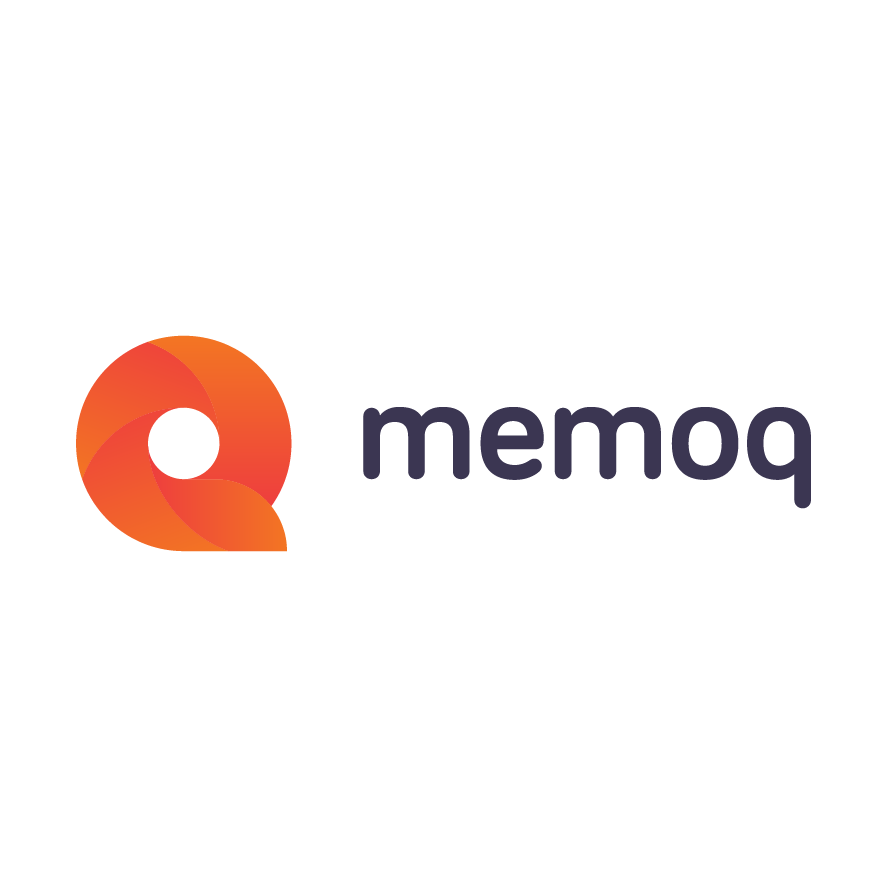This has been a very busy week full of meetings, and many of these meetings related to the future of the company. We had meetings with the management team, meetings with the sales team, meetings with possible partners in a future venture, meetings with a company where we see a big potential, but the most important one was the one that we summoned for yesterday.
This has been a very busy week full of meetings, and many of these meetings related to the future of the company. We had meetings with the management team, meetings with the sales team, meetings with possible partners in a future venture, meetings with a company where we see a big potential, but the most important one was the one that we summoned for yesterday.
After we released memoQ 2.0 in 2006 we invited about 20 Hungarian translators and LSPs to join us for a discussion. We had an idea what we wanted to achieve and we wanted to discuss their priorities and ideas. It was the first very technical user meeting ever. Then, unfortunately, we ditched this nice idea because most of our users were outside Hungary, and we did not find it appropriate to invite them for a half-day meeting. Instead we talked on the phone, etc., but never together.
At last year's Tekom, Katalin Varga from Afford suggested three ideas to me which all sounded great, but not ideas where I'd have the jurisdiction to decide. We still involve at least three but rather four-five people in the roadmap decisions, and while I am an influencer, I am no decision-maker there. Afford are very advanced users and came up with a topic that hasn't been addressed properly by any tool I'd know of: during simultaneous translation and proofreading the use of TMs by translators and proofreaders. Translators need to use the initial TM and a working TM, reviewers need to use also the initial TM, but if translation and proofreading happens simultaneously, translators should not be able to overwrite reviewers' TM entries. There are ways to address this but all are workaround, and the lack of roles in the translation memories is making this a tough nut. We introduced roles in memoQ projects and documents but roles are not supported by the derived resource, the TM (the term base does). So to talk about this, I thought we should invite a few companies and discuss options with them and Kilgray's management.
Ten people from six companies attended this quite spontaneous meeting and the main question was what's weak in memoQ's PM functionality, and what their PMs spend time on. I was very surprised that the number one hassle was the inevitable migration with versions and builds. As a software vendor we understand technical concepts but we have less access to communication and the "what happens if someone breaks the rules". It was pointed out that since we offer desktop documents for translators (a blessing for translators and PMs alike, and a feature very well received), the upgrade from one version to another is more dangerous - if a translator does not synchronize and does not enter everything into the TM before a server is upgraded, non-synchronized translation might be at risk. Or rather it requires special skills to troubleshoot this. So the great new feature leads to risks too, and we need to address this. We agreed that we should implement a server functionality that sends notifications to all users who connect to the server, clearly indicating the time of the server upgrade and the to-dos. They have notified translators in email earlier, but apparently that did not always work, and people lost some time because of this.
We also learned great things about improving the QA. We learned that the two problematic QA checks are terminology and inconsistency, as on the resolution interface you cannot see the suggested term - so if memoQ complains that a term is missing, you need to open the document to see what is missing. With inconsistency the problem is what belongs together, i.e. what is inconsistent with what. We also promised to address this.
All in all, we jotted down over 10 written pages of feature improvement suggestions, and one big area that still needs to be improved in online setup: proofreading. But what's great is that these companies gave us a lot of inspiration.
We did not hear the next breakthrough from our users, but we heard the details on what we should improve. And that's just as important as having features that count from the sales perspective. We were very pleased to hear that all of these companies used memoQ for over 90-95% of all their projects, as this shows that memoQ is already a great tool for LSPs. We were also pleased to hear that while they found areas that can be improved, they did not have any massive complaints.
I think we should do this again and again, to keep in touch with reality. There might be a buzz around all-encompassing supersystems and everything in the universe in one tool, but ultimately, a well-designed tool can already meet the needs of a large amount of companies. So we just need to learn - both from the visionaries and the practitioners.

memoQ
memoQ is among the world's leading translation management systems. The favorite productivity tool for translation professionals around the globe.



